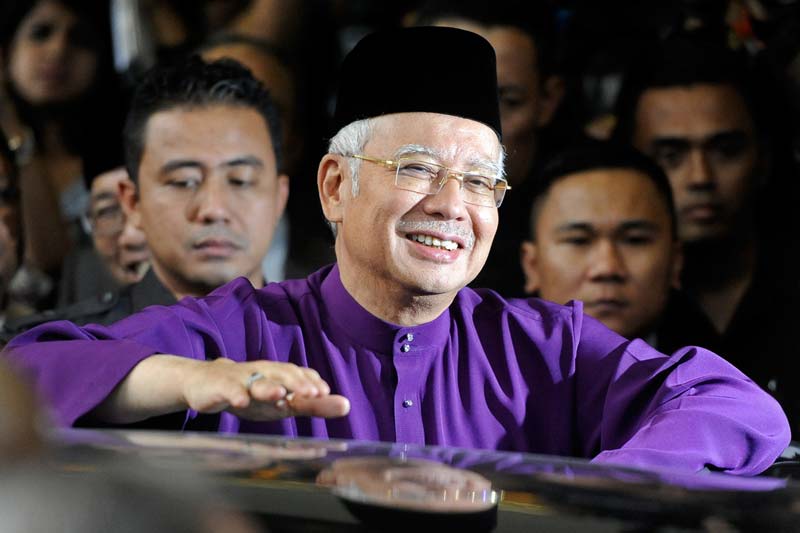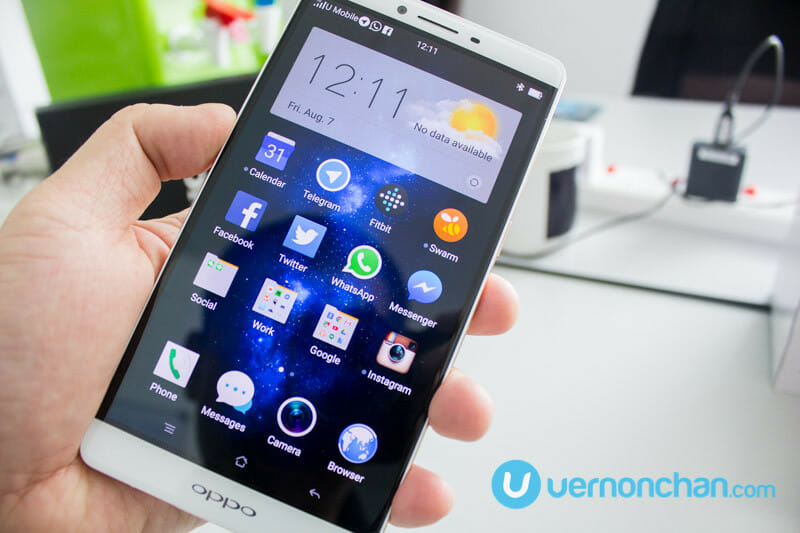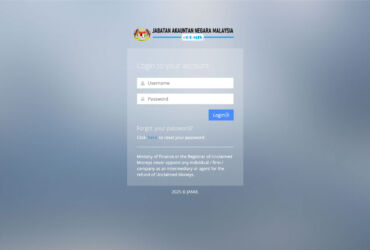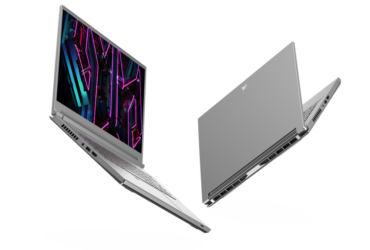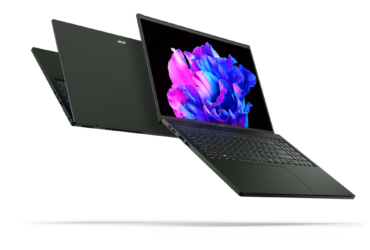Challenging times
The fall in the price of oil and gas, where it contributes to one-third of the country’s income, has impacted the Government revenues by 50%. However, the introduction of GST and rationalised subsidies have helped cushion decline.
The PM continued to highlight the importance of GST and how the revenue from the broad-based taxation system would be used for the people. He cited GST collection is higher than anticipated, thanks to higher than expected compliance. GST contributed RM39billion in total, with RM27billion in the first eight months of 2015.
Meanwhile, the inflation rate is expected to range from 2-3%, attributed to the depreciation of the local currency that impacts import costs.
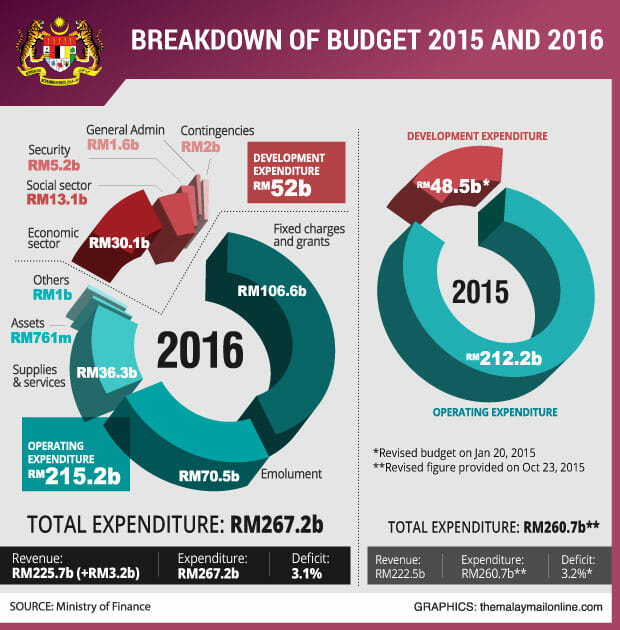
The Budget
The 2016 Budget has a slight increase from last year’s – RM267.2billion from RM260.7billion. In terms of federal government revenue collection, 2016 is expected to rake in RM225.7billion.
What the tech?
There were several announcements related to ICT. First on the agenda – ramping up internet speeds from 5Mbps to 20Mbps in rural areas. Details are scarce on how this will be implemented, but RM1.2billion has been allocated for the cause. Additionally, the Government will continue to implement high-speed broadband in high-impact areas, covering state capitals and major towns nationwide.
In terms of broadband penetration in Malaysia, official numbers from the MCMC (Malaysian Communications and Multimedia Commission, Q2 2015) currently stand at 91.7% (inhabitants) and 72.2% for households. Mobile phone penetration, on the other hand, is at 144.8%.
Malaysia currently ranks 70th worldwide in terms of broadband speed. Average broadband speed is currently at 5Mbps, a 17% year-on-year improvement.
Seeing that TM spent in excess of RM1.9 billion in its roll-out of its Unifi (HSBB) service throughout Malaysia back in 2010, the budget’s RM1.2 billion seems ill-equipped to meet the goals, at least at first glance.

Having said that, it is still a welcomed move and a benefit for all connected Malaysians. This is contrary to what Datuk Seri Dr Salleh Said Keruak, communications and multimedia minister claimed recently that “most Malaysians choose to pay less for slower internet speeds.”
In addition, a budget of RM2.7 billion has been allocated for the next five years to build 1,000 new telecommunication towers and laying of undersea cables.
The other piece of big news related to prepaid mobile users. According to data (MCMC, Q2 2015), there are 35.7million prepaid subscriptions out of the 44.1million mobile subscriptions in the country.
With the new budget, consumers will get rebates on mobile prepaid cards equivalent to GST amount paid. This will be effective next, although the mechanism is currently unclear. Rebates will be credited to prepaid mobile phone accounts from 1 January to 31 December 2016.

If you remember, there was much brouhaha and public backlash on the implementation of GST on prepaid cards and reloads in April.
The Federation of Malaysian Consumers Association (FOMCA) still has the opinion that GST on mobile prepaid cards should be abolished completely.
The MCMC has promised by end of this month that prepaid cards will revert to the old price.
National ICT Assocation of Malaysia (PIKOM) chairman Cheah Kok Hoong said while the body welcomed the Government’s decision on the GST rebate, it still thinks all ICT product and services should be zero-rated.
If you’re a prepaid user, then you should be chuffed that prepaid top-ups will be GST exempted from 1 November. So, a RM10 top-up will cost you RM10, not more and not less.
In other countries with a similar GST structure, users are not charged GST when they buy reloads. Instead, GST applies when transactions are made – making calls, sending messages, using data.
With rising costs and global economic uncertainties, any form of tax abolishment, rebates is welcomed.
We should be hearing official statements from telcos regarding the GST rebates soon.
So, what do you think of the 2016 Budget and how will it affect you? Send your thoughts and comments below.
Sources:
- http://mybajet.my/about-my-bajet-info
- http://www.malaysiakini.com/news/316887
- http://www.skmm.gov.my/skmmgovmy/media/General/pdf/C-M-Q2-2015.pdf
- https://en.wikipedia.org/wiki/Internet_in_Malaysia
- http://www.thestar.com.my/News/Nation/2015/09/28/internet-speed-is-what-kit-siang-not-aware-off-says-salleh-said-keruak/
- https://en.wikipedia.org/wiki/Internet_in_Malaysia
Header image credit: MalaysianInsider


